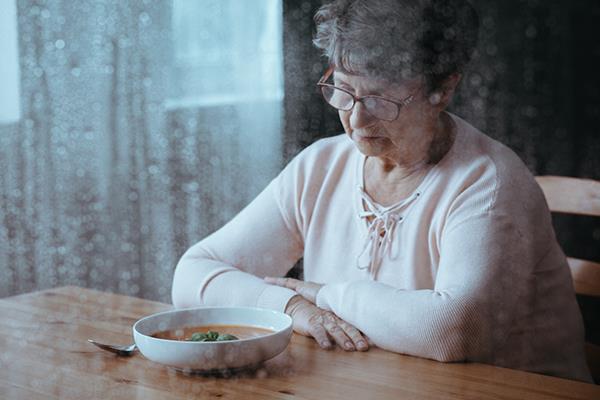The golden rule of taking good care of a loving old person who has suffered an immense loss is to hear them out. You need to respect their wishes, even though you might not approve of them for this or that reason. They are calling the shots.
Unless they suffer from aggravated mental conditions, you need to obey them.
First, you need to introduce themselves with what the options are. So, you should clearly state in a nutshell the differences between home care and living in care.
If they opt for home care services, it will include frequent visits of professional caregivers. Their task is to help the widow be as independent as possible in their own house fraught with memories. They will assist with basic activities such as making meals and house chores within a defined timeframe. Additionally, professional staff will be familiar with the therapy they need to give to a widow.
Caregivers will be part of their routine. However, they will not be there all the time. The bottom line is home care is for people who can cope with that situation mostly on their own. More often than not the overall health of those people is satisfying. They just need a pat on the back here and there.
On the other hand, living in care means professional caregivers will be monitoring your loving elderly day and night. They will be living with your loved one providing him/her constant support and emotional attachment.
This kind of senior care service is aimed at people who are unable to take care of themselves single-handedly but do not want to leave their home. Apart from professionals, living in care aims at a widow to have a purposeful life hoping to reduce loneliness and grief the death of a spouse inevitably bears.
